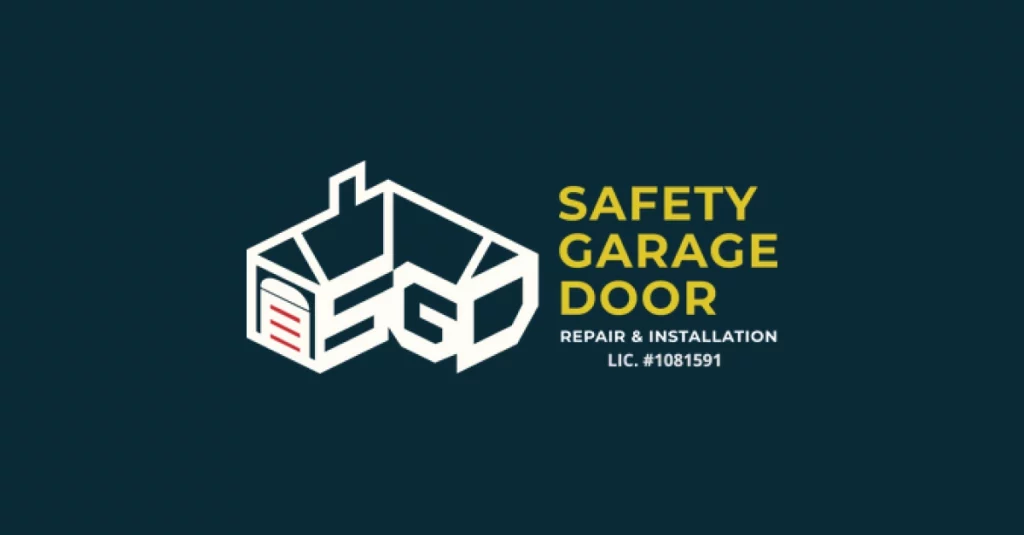Garage doors are an essential component of any home, providing security, convenience, and curb appeal. However, when it comes to repair and installation, safety should always be a top priority. In this comprehensive guide, we’ll explore essential safety practices for garage door repair & installation, ensuring that you can maintain and install your garage door with confidence and peace of mind.

Understanding the Importance of Safety in Garage Door Repair & Installation
Safety Risks Associated with Garage Doors
Garage doors are heavy and operate under high tension, posing several safety risks if not handled properly. These risks include:
- Crushing injuries
- Pinch points
- Falls from heights
- Electrical hazards
Benefits of Prioritizing Safety
By prioritizing safety in garage door repair & installation, you can:
- Prevent accidents and injuries
- Protect yourself and others
- Ensure the longevity of your garage door system
Read too: The Complete Guide to Tighten Chain On Garage Door Opener for Smooth Operation
Safety Guidelines for Garage Door Repair & Installation
1. Educate Yourself
Before attempting any repair or installation tasks, educate yourself about the workings of garage doors and the specific procedures involved. Familiarize yourself with the manufacturer’s instructions and safety recommendations.
2. Use Proper Tools and Equipment
Always use the appropriate tools and equipment for the job. This includes safety gear such as gloves, safety glasses, and sturdy footwear. Avoid using makeshift tools or equipment that are not designed for garage door work.
3. Work with a Partner
Many garage door repair & installation tasks require assistance due to the weight and complexity of the components involved. Whenever possible, work with a partner to ensure safety and efficiency.
Safety Precautions During Repair & Installation
1. Disconnect Power
Before beginning any work on the garage door system, disconnect power to the opener unit to prevent electrical shocks. This can usually be done by unplugging the opener or turning off the circuit breaker.
2. Secure the Door
When performing repair or installation tasks, ensure that the garage door is securely supported to prevent it from falling unexpectedly. Use clamps or locking pliers to hold the door in place.
3. Test Safety Features
After completing repairs or installations, test the safety features of the garage door system, including auto-reverse mechanisms and photoelectric sensors, to ensure they are functioning properly.
Conclusion
Prioritizing safety in garage door repair & installation is essential for preventing accidents, protecting yourself and others, and ensuring the longevity of your garage door system. By following the safety guidelines and precautions outlined in this guide, you can confidently tackle repair and installation tasks while maintaining a safe and secure environment.



Leave a Reply